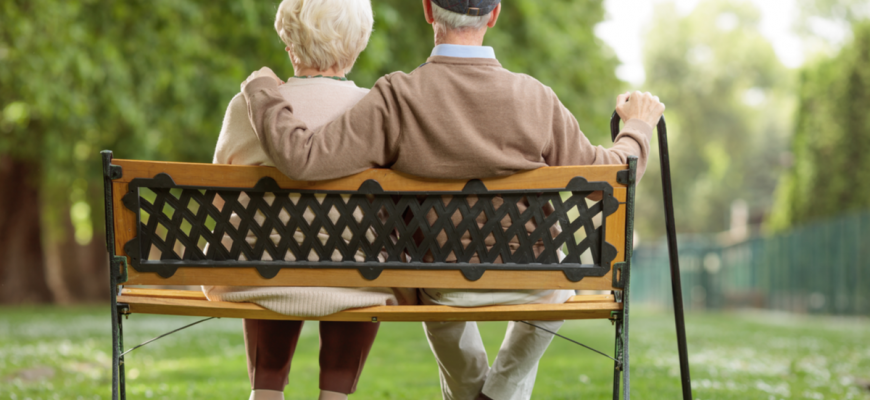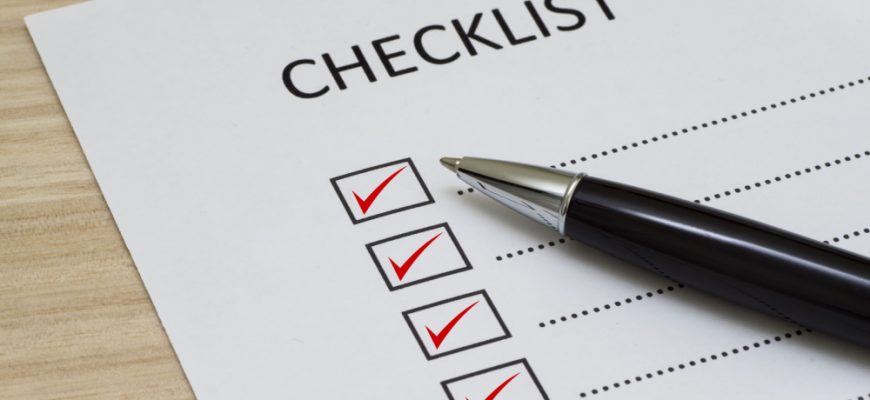Visitation is now fully opened. You no longer need to schedule visits with our residents. Masks are required and you will need to complete a screening before visiting with residents.
Please see attached "Visitor fact sheet."
X
Blog

Can Seniors Stop Paying Credit Cards And Debts?
May 12, 2023 0 CommentA study by The Senior Citizens League found that seniors owe money on their credit cards in 43% of older homes. So can they stop paying bills? Find out how to protect your elderly parents from debt, no matter if they live alone or in an assisted living facility, and how to help them manage their credit card debt. Why Old Debts Shouldn’t Worry Seniors? As a senior, you shouldn’t worry about credit card debt. Most older people get their income from Social Security, retirement benefits, or other funds that cannot be taken away. Debt collectors cannot seize these funds. Just because it’s judgment free doesn’t mean debt collectors will automatically forgive your debts. Often, family members would take advantage of elderly people by using their credit cards to pay off their family member’s debt. It is important for older people to discuss their debts with their families before getting a cosigner or making other similar plans. After all, the senior will have to pay the bill. Ways To Manage Debt: How Can Older People Get Out Of It? Here are some ways for older people to pay down their credit card bills: Balance Transfer Credit Card: With this card, you can consolidate all of your debt into one account and make one monthly payment. Payment Of Debt: Outside assistance is often helpful. A debt broker can talk to creditors about a payment amount that everyone agrees on. The senior might then pay the bill. Loan Terms: You don’t have […]
Read MoreLiving In Assisted Living Facility: Methods For Increasing Appetite In The Elderly
May 2, 2023 0 CommentAssisted Living Facility, Methods for Increasing Appetite It is crucial to keep trying to get the elderly residing at assisted living facility to eat even if they don’t want to. Elderly folks can boost their appetite in several ways. In this article, we’ll examine the causes of elderly people losing their appetites, natural appetite stimulants, and ways of doing so recommended by geriatric experts. Causes Of Appetite Loss In The Elderly Gum illness Thyroid conditions Throat and mouth infections Parkinson’s and Alzheimer’ disease Cancer Issues with the salivary glands Medication adverse symptoms, like a metallic aftertaste or dry mouth Inadequate exercise Dehydration Lack of a mealtime schedule on a daily basis Taste loss brought on by aging Issues with swallowing, chewing, or independently eating Sensitivity to certain food scents that can make you feel sick General sense of being powerless over one’s life Depression and loneliness Overall negative emotions throughout mealtimes We shall discuss how to boost the appetite in the elderly in the next two sections. Foods For Older People Who Don’t Like To Eat Finding foods to satisfy an elderly person’s appetite can be a straightforward treatment for loss of appetite. Several foods are: Chicken nuggets, fish sticks, steaming or raw veggies, and meatballs are examples of finger foods. String cheese or cheese sticks Full-fat or calcium-rich yogurt Lean proteins such as lentils, beans, and peas Sliced thinly or ground meat Whole milk or milk with chocolate Chopped fruit Crackers with cheese or peanut butter Healthy smoothies or […]
Read MoreUnderstanding ADL And IADL For Seniors: A Key To Promote Their Well-Being
April 17, 2023 0 CommentAs your loved ones age, they may encounter a variety of physical and cognitive changes that can impact their ability to carry out everyday tasks independently. Activities of Daily Living (ADL) and Instrumental Activities of Daily Living (IADL) are two categories of everyday activities that are critical for seniors’ health and well-being. What Are ADL And IADL? ADL is a term that refers to basic activities that individuals carry out every day. These activities are critical for maintaining hygiene, health, and independence. In contrast, IADL refers to activities that are necessary for more complex daily living tasks, such as grocery shopping, managing finances, using transportation, and doing housework. ADL Checklist For Seniors You can use this ADL checklist for seniors to determine if your loved ones need assistance in any of these areas. A few examples of tasks to include are: Bathing: Can your loved one bathe or shower independently, or do they need assistance? Dressing: Can they dress themselves, or do they need help putting on clothes or shoes? Grooming: Can they brush their teeth, comb their hair, and take care of their personal hygiene independently? Toileting: Can they use the toilet, or do they need assistance with incontinence or toileting aids? Eating: Can they prepare their own meals, or do they need assistance with feeding or special utensils? Transferring: Can they move from one place to another, or do they need assistance with a wheelchair, walker, or other mobility aids? IADL Checklist For Seniors Managing Finances: Can they […]
Read More- « Previous Page
- 1
- 2
- 3
- 4
- 5
- 6
- …
- 40
- Next Page »



